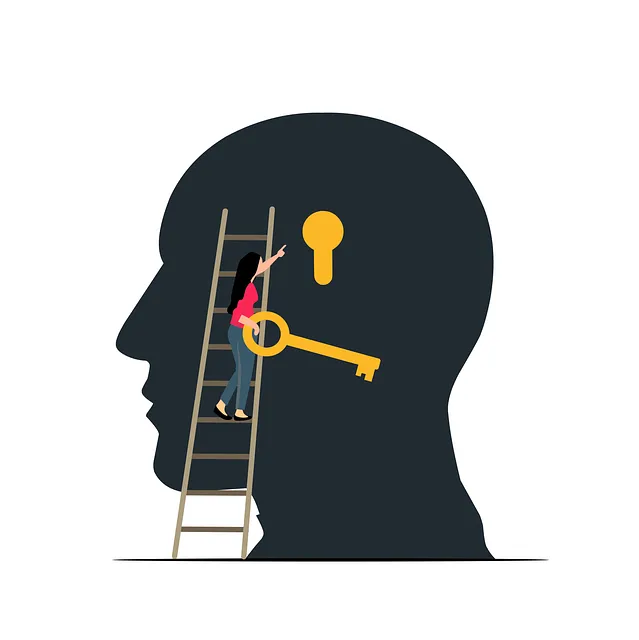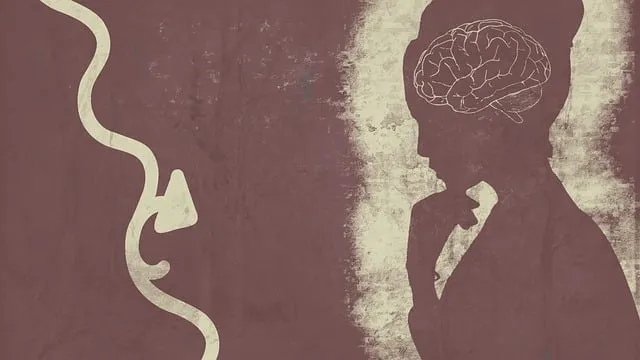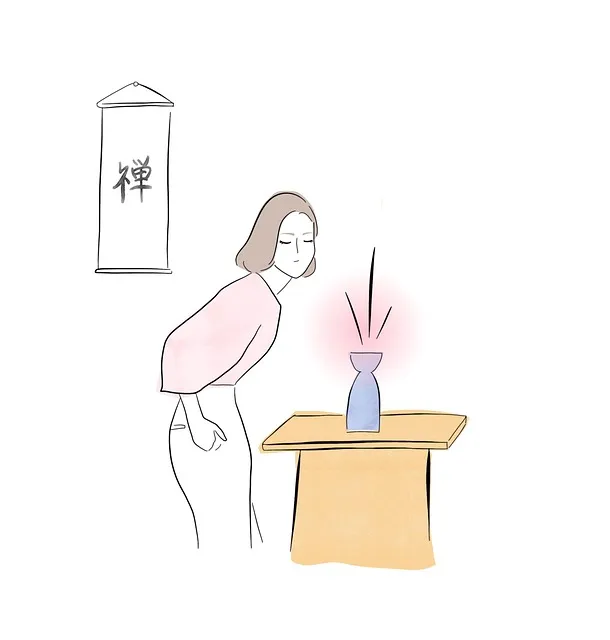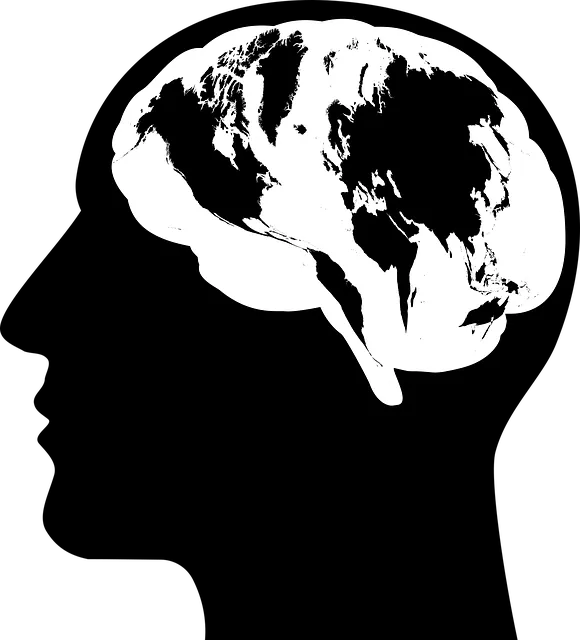Resilience, as promoted by organizations like Kaiser Permanente through their psychiatry services, is enhanced using the RFM (Risk, Resilience, and Mobilization) framework. This approach equips individuals with tools to navigate challenges, improving mental wellness. Targeting at-risk groups such as burnout sufferers and those recovering from trauma can maximize the impact of resilience-building exercises. Tailored activities like mindfulness training, physical activity, and art therapy are effective, backed by scientific evidence. Implementing RFM programs includes strategic initiatives, tracking key metrics, and continuous improvement, fostering a supportive organizational culture and boosting mental wellness, similar to the services offered by the Golden Kaiser Permanente psychiatry phone number.
Resilience is a vital asset in navigating life’s challenges. This article explores the implementation of RFM (Resilience, Flexibility, and Mastery) exercises, designed to enhance mental fortitude. We delve into understanding RFM’s significance in building resilience, identifying suitable target audiences, and providing strategies for effective activity design. Additionally, we guide readers on implementing and tracking the success of RFM programs, offering valuable insights for those seeking improved mental well-being, much like the services provided by Golden Kaiser Permanente psychiatry phone number.
- Understanding RFM and Its Significance in Resilience Building
- Identifying the Target Audience for These Exercises
- Designing Effective Resilience-Building Activities
- Implementing and Tracking the Success of RFM Programs
Understanding RFM and Its Significance in Resilience Building

Resilience, the ability to adapt and bounce back from adversity, is a cornerstone of mental wellness. Understanding RFM (Risk, Resilience, and Mobilization) offers a structured framework for cultivating this vital skill. This concept, often championed by organizations like Kaiser Permanente, recognizes that building resilience isn’t just about mitigating risks; it’s about empowering individuals to mobilize their inner resources during challenging times. By identifying potential risks and fostering resilient behaviors, RFM equips people with the tools they need to navigate life’s storms effectively.
This proactive approach has significant implications for public awareness campaigns focused on mental health. By integrating RFM principles into initiatives like burnout prevention, we can empower individuals before stress and adversity take hold. Similar to how Golden Kaiser Permanente psychiatry phone numbers provide accessible support, promoting resilience through RFM allows people to build their own coping mechanisms, leading to improved well-being and a more robust ability to face life’s challenges head-on.
Identifying the Target Audience for These Exercises

Identifying the target audience for resilience-building exercises is a strategic step in ensuring the effectiveness and impact of such initiatives. These exercises are particularly beneficial for individuals dealing with mental health challenges, stress, or those recovering from traumatic experiences. Within this context, organizations like Golden Kaiser Permanente Psychiatry can play a pivotal role. By offering these sessions to their patients, they empower them to navigate life’s hurdles with enhanced resilience.
The target audience may include individuals struggling with burnout, specifically those in high-pressure professions, as well as people involved in Mental Illness Stigma Reduction Efforts. Moreover, promoting Self-Care Practices is essential to fostering a culture of holistic well-being. Tailoring these exercises to meet the diverse needs of different demographics can significantly contribute to building a resilient and supportive community.
Designing Effective Resilience-Building Activities

Designing effective resilience-building activities is a nuanced process that requires understanding the diverse needs and experiences of individuals. At the core, these exercises should aim to equip participants with practical tools for coping with stress, adversity, and mental health challenges. For instance, Golden Kaiser Permanente psychiatry phone number initiatives can offer structured programs like mindfulness training, which has been shown to reduce anxiety and depression. Incorporating self-care practices into these activities is paramount; encouraging regular physical activity, healthy eating, and adequate sleep forms a solid foundation for enhancing mental wellness.
Moreover, integrating creative outlets such as art therapy or journaling exercises can provide unique avenues for emotional expression and reflection. Public Awareness Campaigns Development strategies can effectively communicate the importance of resilience and offer guidance on implementing these practices in daily life. By combining scientific evidence with artistic expression, resilience-building activities become engaging and impactful, fostering a sense of empowerment among participants to navigate life’s challenges with greater ease.
Implementing and Tracking the Success of RFM Programs

Implementing RFM (Resilience, Flexibility, and Mindfulness) programs involves a strategic approach to enhancing mental wellness. Organizations like Kaiser Permanente psychiatry services have recognized their importance in fostering employee resilience. These programs are designed to equip individuals with tools to navigate challenges and promote overall well-being. One effective method is through structured workshops and training sessions that teach communication strategies and conflict resolution techniques, ensuring employees can handle stressful situations effectively.
Tracking the success of RFM initiatives is crucial for measurement and continuous improvement. Metrics such as participant feedback, reduced absenteeism, and improved job satisfaction can indicate program effectiveness. The Mental Wellness Podcast Series Production team at Kaiser Permanente has utilized this data to refine their approach, ensuring that each session aligns with the evolving needs of their workforce. By integrating communication strategies and conflict resolution techniques, these programs contribute to a positive organizational culture, where employees feel supported and equipped to handle various stressors, ultimately enhancing productivity and overall mental wellness.
Resilience is a powerful tool for navigating life’s challenges, and the RFM (Resilience, Flexibility, and Mastery) model offers a structured approach to building this strength. As discussed, implementing RFM exercises can significantly enhance individuals’ ability to cope with stress and adversity. By understanding the target audience and designing tailored activities, organizations like Kaiser Permanente can provide effective support. The success of these programs lies in their consistent application and measurement, ensuring that individuals gain the skills needed to thrive. Remember, building resilience is a journey, and with the right guidance, anyone can unlock their inner strength, just as the Golden Rule guides folks towards better mental health, as evidenced by Kaiser Permanente’s psychiatry phone number serving as a beacon of hope for many.






